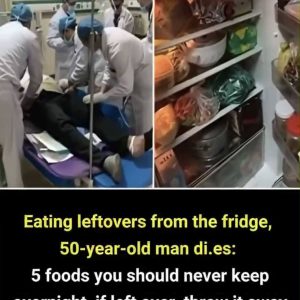
Vitamin D plays a vital role in maintaining overall health. It strengthens bones by helping calcium absorption, supports proper muscle function, and helps regulate the immune system. While the sun is our body’s primary source of vitamin D, diet also plays a key role—especially during colder months or when we don’t get outside as much.
Here’s a look at some of the best natural and fortified food sources of vitamin D to help you stay energized and healthy.
1. Wild-Caught Salmon

Salmon is among the richest sources of vitamin D, particularly when it’s wild rather than farmed. Just 100 grams (about 3.5 ounces) can supply more than your full daily requirement.
2. Herring & Mackerel

These oily fish are packed not only with healthy omega-3 fats but also impressive levels of vitamin D—up to 20 micrograms per 100 grams. Try them grilled, smoked, or gently steamed for a nutrient-dense meal.
3. Cod Liver Oil
Though not exactly a food you eat with a fork, cod liver oil is a powerhouse of vitamin D. Just one teaspoon delivers your full daily dose, making it a popular supplement in colder climates.
4. Eggs (especially the yolk)
Eggs are versatile and widely available. Most of their vitamin D is found in the yolk, so if you’re cutting out yolks completely, you’re missing the benefit. Include whole eggs in your meals a few times a week.
5. UV-Exposed Mushrooms

Certain mushrooms, such as maitake, morels, or UV-treated white button mushrooms, can synthesize vitamin D when exposed to sunlight—just like our skin does. Though not animal-based, they can still contribute meaningfully to your intake.
6. Canned Tuna

An affordable and shelf-stable option, canned tuna offers a moderate amount of vitamin D. While it doesn’t match fresh fish in potency, it’s a convenient way to boost your levels.
7. Fortified Dairy & Plant-Based Alternatives
Many milk products, yogurts, and plant-based beverages (like soy, oat, or almond milk) are enriched with vitamin D. Always read the label to confirm the added amount, especially if you follow a vegetarian or vegan diet.
8. Organ Meats (Liver, Offal)

Though not everyone’s favorite, liver and similar organ meats naturally contain vitamin D along with other crucial nutrients like iron and vitamin A. They’re worth including occasionally if you can tolerate the taste.
Why Vitamin D Matters
Getting enough vitamin D is essential—not just for healthy bones, but for maintaining immune strength, energy levels, and muscle performance. While sunlight remains a key source, especially in spring and summer, a vitamin D-rich diet becomes crucial during shorter days or for people who spend most of their time indoors.
Whether you prefer fish, eggs, mushrooms, or fortified drinks, making a few intentional choices can help keep your vitamin D levels in a healthy range all year long.




